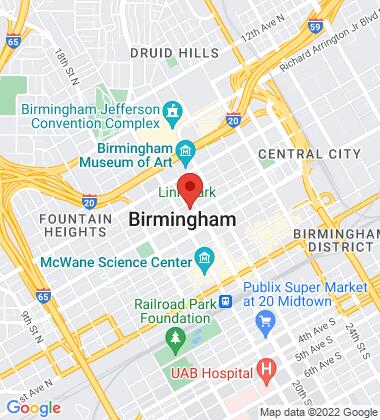When you are arraigned on criminal charges, the charges against you will be read, and the first question you’ll be asked is how you wish to plead. Most people know of two basic answers: “guilty,” and “not guilty.” “Guilty” is admitting to the charges, and accepting the consequences and penalties associated with them. “Not guilty” is denying the charges, which then begins the rest of the trial process. However, there’s a third option that’s not taken all that frequently: a “no contest” plea. Pleading “no contest” is not radically different when it comes to your current case, but there’s one major change which could make it the ideal choice for you.
In this blog, we’ll take a closer look at what this difference is and explain when you may want to choose to plead “no contest” instead of going with the “guilty” or “not guilty” option.
What’s So Special About a “No Contest” Plea?
“No contest” is almost exactly as it sounds: a declaration that you’re not going to contest the charges against you, and thus are pleading guilt to the charges against you. But that’s not entirely true. A “no contest” plea is essentially saying you accept the charges against you without admitting fault. The consequences are essentially the same as if you had plead guilty—you will still be subjected to the penalties for your conviction. However, the important difference is you did not actually plead guilty, and thus you legally have not admitted to the charges brought against you.
For those who stand accused of a DUI, this difference could mean the world. A “no contest” plea does not implicate guilt, and thus your guilty plea cannot be used against you in any subsequent cases pertaining to your DUI incident. For example, if you were involved in an accident, and that accident is what led to your DUI conviction, then you may be facing additional suits for damages in civil court. Should you have plead guilty, personal injury lawyers would more than likely jump on that conviction as an admission of guilt to and evidence to prove you’re responsible for the accident and the damages their clients have suffered. It’s not uncommon for this evidence to be enough to stick those who plead guilty with thousands or even millions of dollars in damages.
However, should you plead “no contest,” then you have not actually implicated yourself or admitted any fault to the incident. While you may still face the legal consequences of your criminal charges, you are free to fight for your defense in civil court. This puts you on much better ground to start your civil law case, and thus could actually see you get a successful result that prevents you from having to pay these damages.
What Should I Plea?
In a previous blog, we took a look at what you should plead when you’ve been arrested and charged with driving under the influence. However, a general rule should come as follows: you should never plead guilty without first consulting with a Birmingham DUI attorney. In fact, you should not even face your arraignment without first consulting with an attorney. Generally, the only time you’ll plead guilty is if your DUI attorney has worked out a plea deal where you’ll face greatly reduced penalties in exchange for pleading guilty. Likewise, you should only do this when your DUI did not result in an accident in which there was significant property damage or bodily injury.
If bodily injury occurred, then you will always want to plead either “not guilty” or “no contest.” Likewise, if you believe you may have been wrongfully accused of driving under the influence, then you should always plead “not guilty.” There is never a time where you should ever plead guilty for an offense you didn’t commit, or one which you aren’t sure you committed.
If you’ve been accused of driving under the influence, reach out to the experienced attorneys from Tidwell Law Group, LLC and get the help you need with your case. Contact us today or call our office at (205) 536-7770 to schedule an initial consultation.

